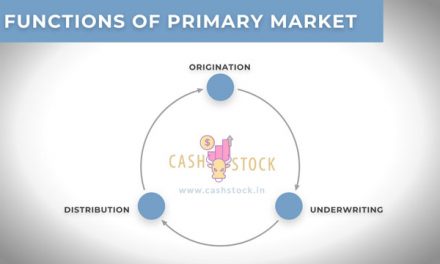Junk Bonds Definition, Basics and Example
Junk Bonds Definition – “A high yield bonds with ratings less than the investment grade by one or more rating agencies”
In simple words, these are the high yielding bonds with low investment rating. They are rated below the investment grade that is BBB. The highest rating is AAA. So, when any of the one or more than one credit agency give rating below the investment grade, that bond joins the queue of junk bond. These type of bonds consists of fixed income security.
Junk Bonds Example
Well, a junk bond is similar to other types of bonds. The investor buys a bond in a view that after the maturity period, he will get the principal amount on the bond back. However, when the time of redemption comes, the issuer of the bond is unable to pay of its obligations and hence the principal amount remained unpaid.
The main reason behind the failure in fulfilling the obligations at the time of redemption is the poor financial condition of the company. In such cases the credit risk is very high because company fails to fulfill its repayment obligation of interest and principal amount.
But there are exceptional cases as well. Sometimes the junk bonds provides its investor more returns in comparision of the investment grade bond. Investments grade bonds are those who are rated AAA rating by credit agencies like CRISIL, Moody, Standard & Poor, etc.
Why Invest in Junk Bonds
There are only two outcomes of purchasing Junk Bond. First is higher yields and returns. Second is you will never get back your money. So, an investor with a steel heart can only invest in these types of bonds. The risk is very high. These bonds are not for everyone. Junk bond market is mostly dominated by institutional investors. For retail investors it is one of the most riskiest investment. To be successful, they requires lots of researching and analyzing.




